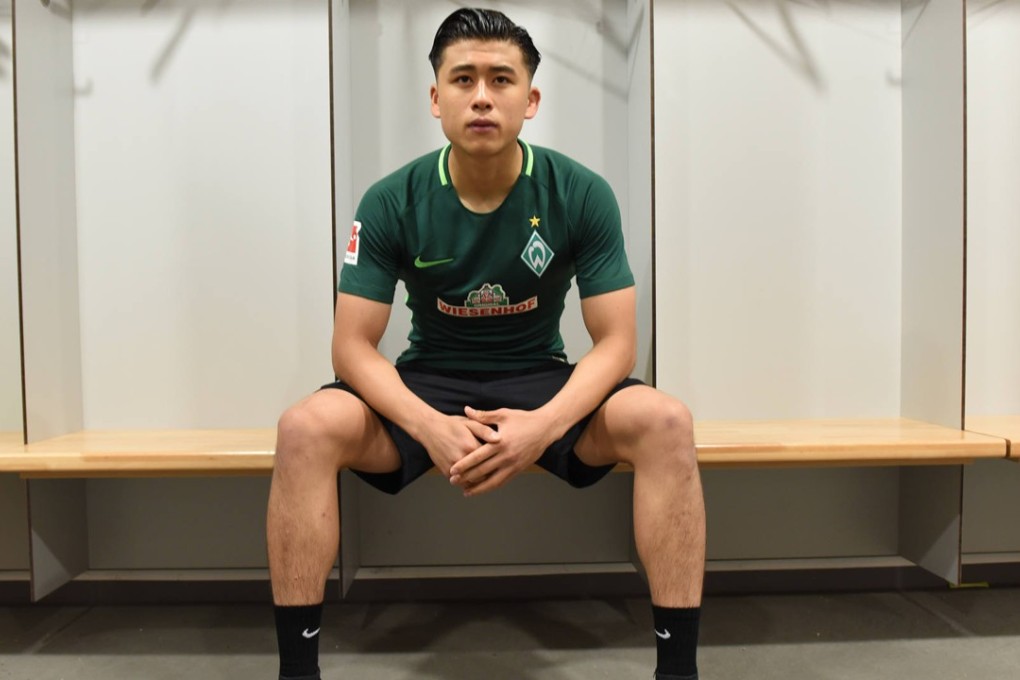Opinion | Is Chinese player Zhang Yuning’s move to English Premier League side West Brom more about property development than football?
Will youngster make the grade in England or Germany, or is he just being used as a marketing tool?

It was not a glowing endorsement from Frank Baumann, Werder Bremen’s sporting director.
“He will certainly not rock the league immediately,” said Baumann as he unveiled new signing Zhang Yuning, a 20-year-old Chinese forward.
Zhang was signed by English Premier League West Bromwich Albion on Monday and immediately loaned to the Bundesliga side, because he is not good enough to get a work permit in England.
The transfer, both clubs essentially admitted, is as much about marketing than actual football potential – and it says much about the strange world of Chinese investment in European soccer.
Zhejiang-native Zhang is the only Chinese player playing at a decent level in Europe, having moved from Hangzhou Greentown to Vitesse Arnhem in the Netherlands as an 18-year-old.
